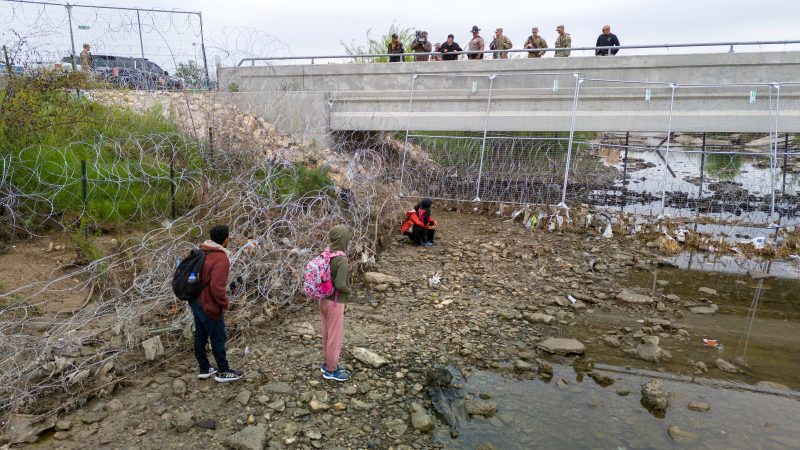In a recent decision by the Supreme Court of the United States, the way has been cleared for Texas to arrest and deport migrants who are found to have entered the country illegally. This ruling marks a significant development in the ongoing debate surrounding immigration enforcement and border security in the United States. The decision comes amidst a surge of migrants attempting to cross the southern border, prompting states like Texas to take action to address what they see as a crisis.
The Supreme Court’s ruling has sparked a range of reactions from different groups and individuals. Advocates of stricter immigration enforcement applaud the decision, viewing it as a necessary step to protect the country’s borders and uphold the rule of law. They argue that the influx of migrants poses security and economic risks and that states have a right to take measures to address these concerns.
On the other hand, critics of the Supreme Court’s decision express concern about the impact it may have on vulnerable migrant populations. They argue that the decision could lead to increased deportations and separations of families, causing further harm and trauma to individuals seeking refuge in the United States. Critics also question the constitutionality of state-led immigration enforcement actions and raise concerns about potential violations of due process rights.
In response to the Supreme Court’s decision, the Biden administration has reiterated its commitment to immigration reform and its support for comprehensive solutions to address the root causes of migration. The administration has emphasized the importance of creating a fair and humane immigration system that respects the rights and dignity of all individuals, while also ensuring border security and enforcement of immigration laws.
Looking ahead, the Supreme Court’s ruling is likely to have far-reaching implications for immigration policy and enforcement in the United States. It is expected to fuel further debate and legal battles over the balance between state and federal authority in immigration matters, as well as the rights and protections afforded to migrants under U.S. law. As the country continues to grapple with complex challenges at its borders, it will be crucial for policymakers, advocates, and communities to engage in constructive dialogue and collaboration to find just and effective solutions to the issue of migration.
